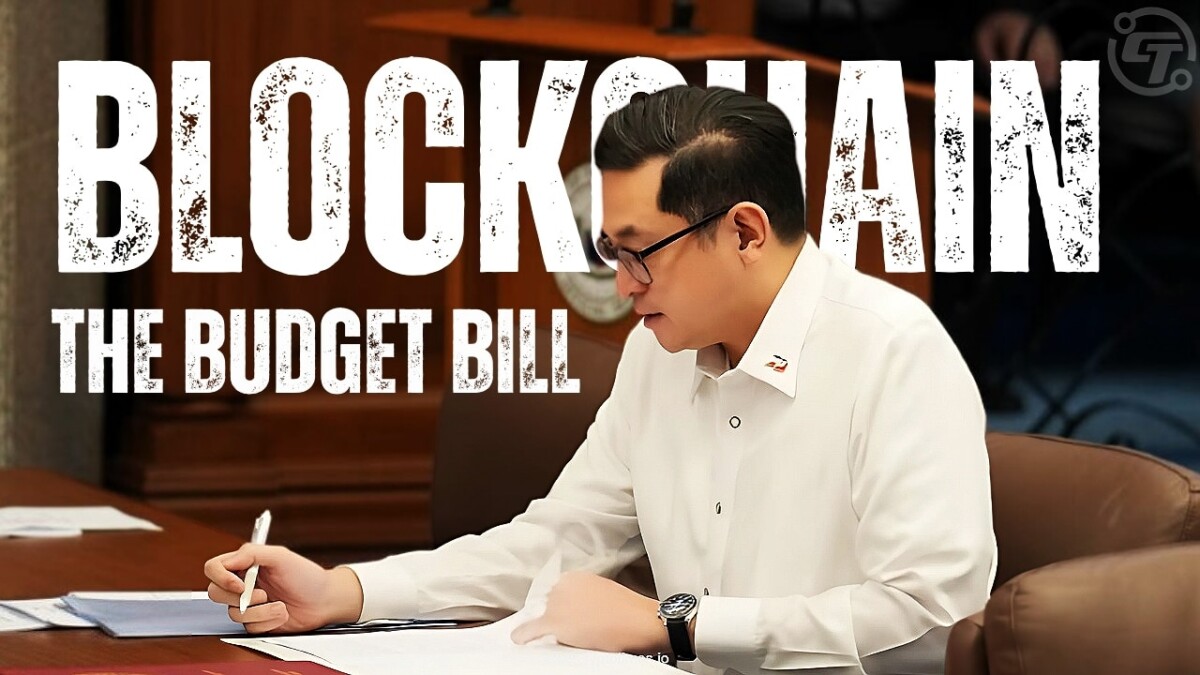Philippines’ Senator Bam Aquino has proposed Senate Bill No. 1330 to create a National Budget Blockchain System in the Philippines. If passed, the bill will use blockchain technology to track every peso of public funds, making the budget transparent, auditable, and accessible to everyone in real time.
Aquino said, “By using modern technology, we can ensure that every peso in our national budget goes to where it was allocated. The people can also be sure that it is used correctly, down to the last centimo.”
The proposed blockchain system would make all budget transactions clear, unchangeable, and easy to check, letting people track money and stop problems like unknown contractors or secret projects.
Aquino shared that the national budget is a key tool for governing, but its documents are often secret, complex, and difficult to understand. This makes it nearly impossible for people who want to check them to do so effectively. He noted that the bill would also allow comparing material costs across contracts to prevent the misuse of funds.
As per the press release by the Senate of the Philippines, the Department of Information and Communications Technology (DICT) would build this system in collaboration with the Department of Budget and Management and the Commission on Audit.
Budget records would be stored as digital public assets (DPAs), accessible through a public portal in real time. This would let citizens, auditors, and oversight groups verify how funds are used, including details on agencies, projects, and recipients.
Blockchain to Boost Transparency in U.S. Economy
Countries are increasingly adopting blockchain technology. On August 27th, the U.S. Commerce Department will begin publishing key economic data, like GDP reports, directly on a blockchain. Commerce Secretary Howard Lutnick announced the change at a White House meeting, saying it will make data more transparent and efficient.
The plan starts with GDP but could expand to other agencies, giving the public and markets faster, secure access to tamper-proof federal data.
If the Philippines passes the bill into law, it could improve budget transparency in the country, ensure proper use of public money, and empower people to hold the government accountable.
Also Read: Indian Govt to Adopt Blockchain for Digital Commerce, Land Records











